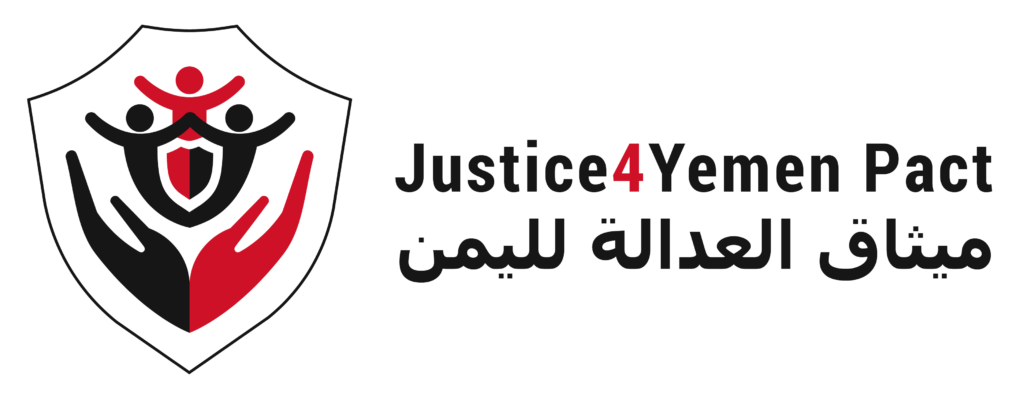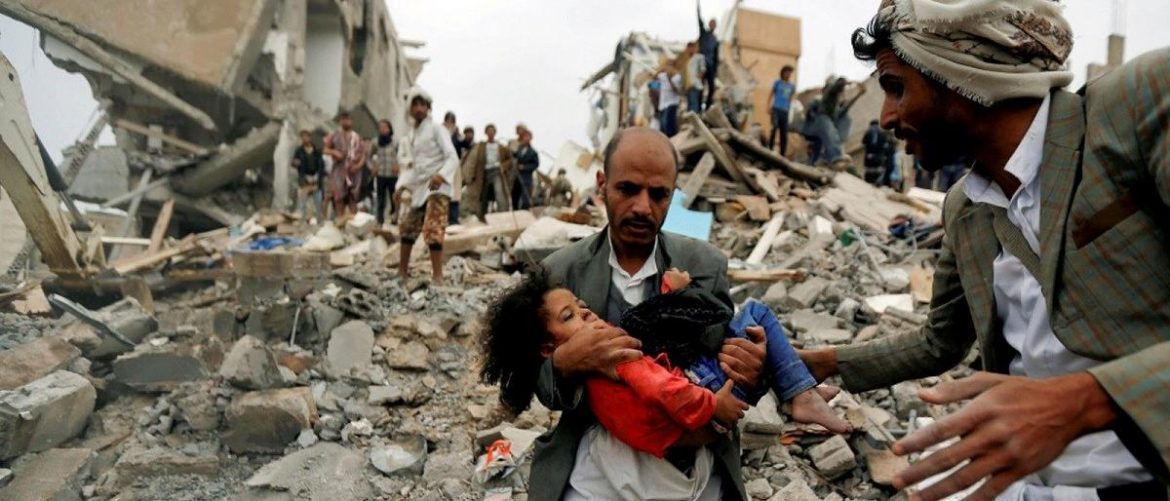Torture, as defined under international and Yemeni national laws, is the deliberate infliction of severe physical or psychological pain to extract information, punish, intimidate, or discriminate against individuals. While international frameworks such as the ICCPR, Universal Declaration of Human Rights, and the Convention against Torture provide robust mechanisms to prevent and criminalize torture, Yemen’s national legislation remains insufficient, narrowly defining torture and limiting accountability to acts committed by public officials. This legislative gap has allowed the widespread use of torture to persist, particularly during the ongoing conflict, where over 657 cases of torture have been documented, resulting in more than 200 deaths. Comprehensive reforms are urgently needed in Yemen, including defining torture as an independent crime, ensuring legal alignment with international conventions, establishing an authority to combat torture, and creating a compensation fund for victims. Addressing these shortcomings will be essential for building accountability, ending impunity, and securing justice and rehabilitation for victims. This blog is produced by Justice4Yemen Pact coalition member, Musaala Organization. For more information, read the full blog below.




